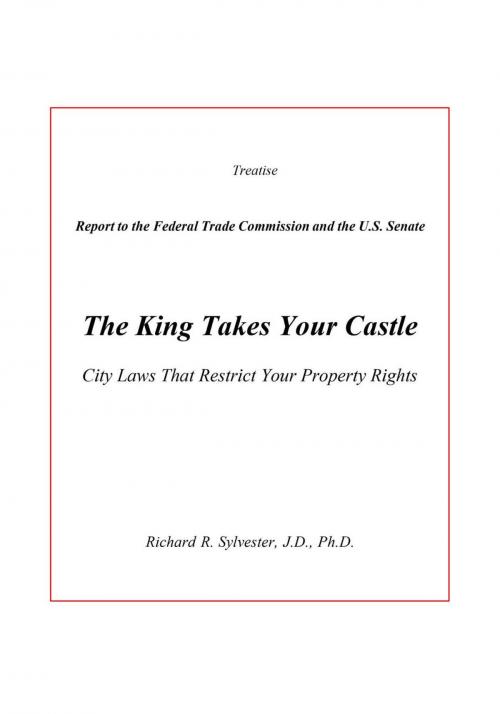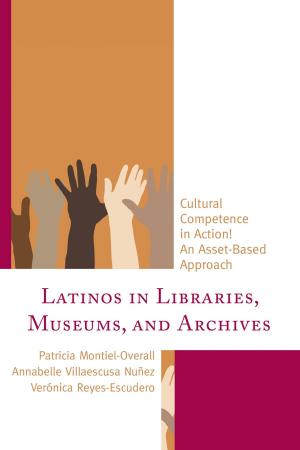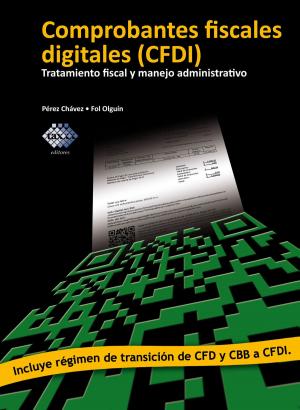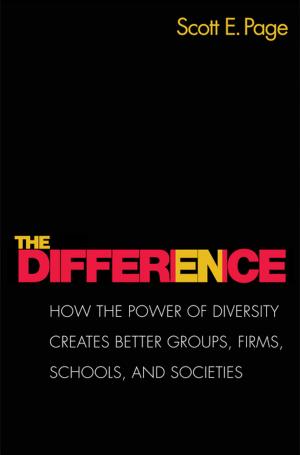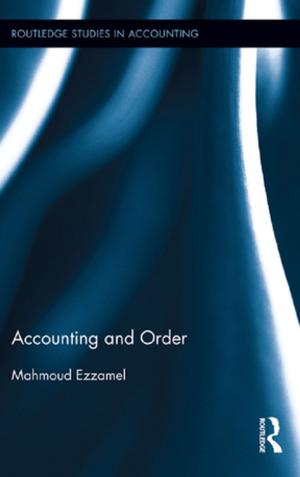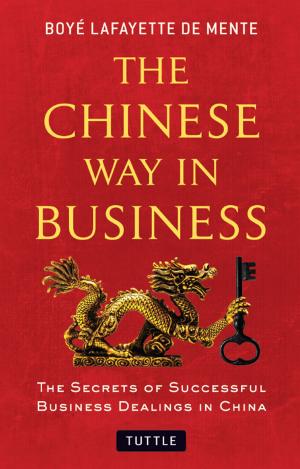The King Takes Your Castle
City Laws That Restrict Your Property Rights
Nonfiction, Reference & Language, Law, Administrative Law & Regulatory Practice, Fiction & Literature, Literary Theory & Criticism, Business & Finance| Author: | Richard R Sylvester | ISBN: | 9780932010032 |
| Publisher: | Ph.D. Publishing Company | Publication: | November 27, 2015 |
| Imprint: | Academia Publishing Company | Language: | English |
| Author: | Richard R Sylvester |
| ISBN: | 9780932010032 |
| Publisher: | Ph.D. Publishing Company |
| Publication: | November 27, 2015 |
| Imprint: | Academia Publishing Company |
| Language: | English |
This book describes the critical issues facing the public in view of the rapid growth and economic impact of the sharing economy, which has resulted in internet firms, such as Airbnb and HomeAway, to rapidly become larger than major hotel chains, with company value measured in multiple billions of dollars.
As greed, many cities view the economic growth as an opportunity to tax and restrict. New city ordinances now impose severe restrictions for short-term rentals, which appear to violate the essential liberties guaranteed by the U.S. Constitution. The new city laws have a major impact on the total economy, and now cause many major investors to rethink their construction investments which are necessary for full economic recovery.
Like the canary in a mine, this book gives clear early warning of the foreseeable economic disaster resulting from city greed in their search for more tax revenue. The book shows how police power used for zoning laws and local tax revenue corrupts, to the point where the new city laws appear to violate state constitutions and the U.S. Constitution.
The book includes a clear historical review of property rights, where even the king could not enter a home without the owner's permission. As a major change, recent restrictive city ordinances take away the inherent right of an owner to rent property for less than 30 days.
Some cities, such as Santa Monica, now ban most short term rentals, which results over the next decade in loss of rental income to owners of rental property in Santa Monica of $207 million, and $727 million loss to the local area. Nationwide, the economic impact of short-term rentals is on a scale similar to the federal expenditures designed to stimulate the economy.
The book explains better solutions to low-income housing, and methods which result in much higher city tax income without lodging taxes. Because tourists are price-sensitive, lodging taxes require spending of most of the lodging tax income on advertising to offset the loss of tourism resulting from the higher lodging price.
The author is a mathematical economist with a J.D. and Ph.D., who is listed in Marquis' Who Who in the World and Who's Who in America for the past three decades. The book is intriguing, and is written to be understood by persons from all walks of life. The subject is of high importance for all persons who want to keep their liberties which are guaranteed by the U.S. Constitution.
This book describes the critical issues facing the public in view of the rapid growth and economic impact of the sharing economy, which has resulted in internet firms, such as Airbnb and HomeAway, to rapidly become larger than major hotel chains, with company value measured in multiple billions of dollars.
As greed, many cities view the economic growth as an opportunity to tax and restrict. New city ordinances now impose severe restrictions for short-term rentals, which appear to violate the essential liberties guaranteed by the U.S. Constitution. The new city laws have a major impact on the total economy, and now cause many major investors to rethink their construction investments which are necessary for full economic recovery.
Like the canary in a mine, this book gives clear early warning of the foreseeable economic disaster resulting from city greed in their search for more tax revenue. The book shows how police power used for zoning laws and local tax revenue corrupts, to the point where the new city laws appear to violate state constitutions and the U.S. Constitution.
The book includes a clear historical review of property rights, where even the king could not enter a home without the owner's permission. As a major change, recent restrictive city ordinances take away the inherent right of an owner to rent property for less than 30 days.
Some cities, such as Santa Monica, now ban most short term rentals, which results over the next decade in loss of rental income to owners of rental property in Santa Monica of $207 million, and $727 million loss to the local area. Nationwide, the economic impact of short-term rentals is on a scale similar to the federal expenditures designed to stimulate the economy.
The book explains better solutions to low-income housing, and methods which result in much higher city tax income without lodging taxes. Because tourists are price-sensitive, lodging taxes require spending of most of the lodging tax income on advertising to offset the loss of tourism resulting from the higher lodging price.
The author is a mathematical economist with a J.D. and Ph.D., who is listed in Marquis' Who Who in the World and Who's Who in America for the past three decades. The book is intriguing, and is written to be understood by persons from all walks of life. The subject is of high importance for all persons who want to keep their liberties which are guaranteed by the U.S. Constitution.
